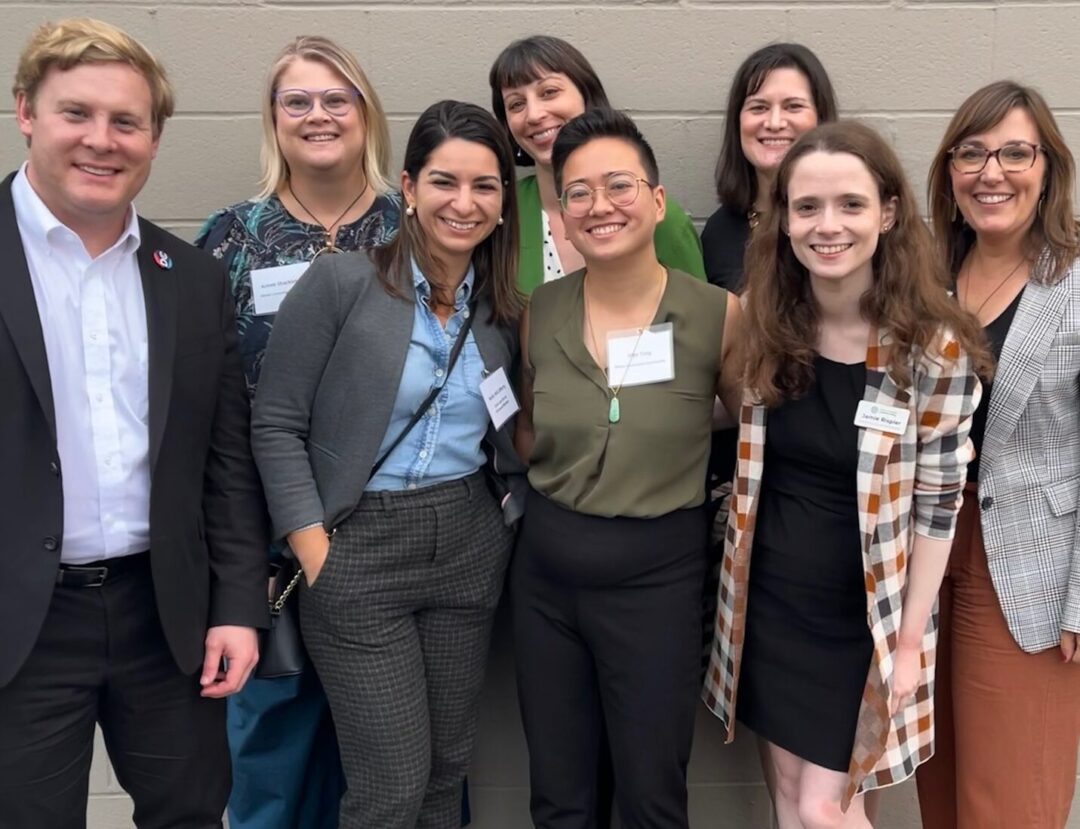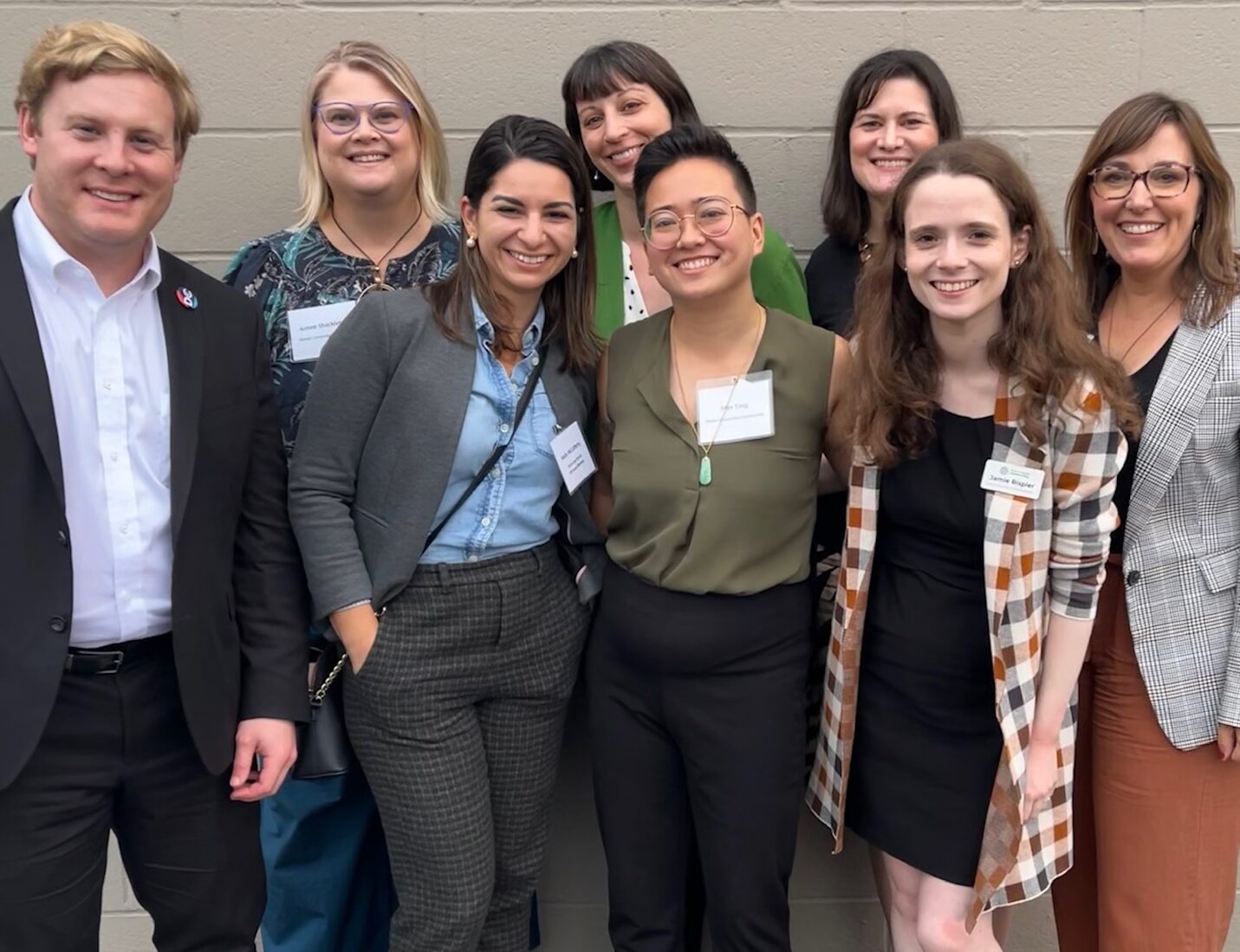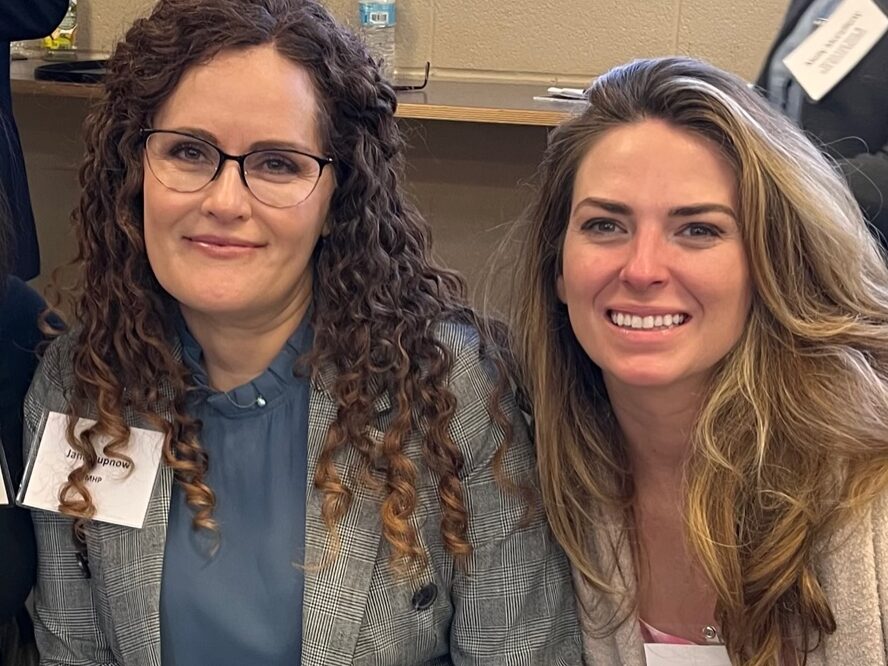
October 27, 2022
U.S. Donor Conceived Council (USDCC) was honored to present about the needs and interests of donor conceived people (DCP) alongside our fellow advocates from Donor Conceived Community (DCC) and Donor Conceived Australia (DCA) at a meeting of diverse stakeholders in Los Angeles on October 20-21.
For the first time in U.S. history, donor conceived advocates, gamete bank and agency representatives, mental health professionals, legal and other scholars, advocates for the LGBTQIA+ community, reproductive medicine doctors, advocates for reproductive healthcare access, recipient and intended parents, gamete donors, and members of USDCC’s leadership team and advisory committee came together to openly discuss issues that pertain to the lived experiences of many donor conceived people and their families. The gathering was planned and hosted by California Cryobank/Donor Egg Bank USA, Fairfax Cryobank/Fairfax Egg Bank, RESOLVE: The National Infertility Association, and USDCC.
Through in-person presentations and video, USDCC, DCC, and DCA kicked off the meeting by sharing the voices and stories of DCP from a variety of backgrounds and experiences: those raised by heterosexual parents, single mothers by choice, and LGBTQIA+ parents; heterosexual and LGBTQIA+ DCP; late-discovery DCP and DCP who always knew the truth; DCP in contact with the donor, not in contact with the donor, or rejected by the donor; and LGBTQIA+ recipient parents (one of which was also a DCP). These DCP shared how they have been impacted by industry practices such as donor anonymity, large sibling groups, lack of access to accurate or updated health information, difficulty experienced in identifying siblings, and the lack of adequate psychoeducational counseling received by parents and donors. Participants also shared the benefits of being in contact with donors, such as having access to family health history, and the experience of being in contact with donor conceived siblings.

Donor conceived advocates presented Thursday and Friday.
Additionally, Tyler Sniff, USDCC vice president of legal affairs, and Tiffany Gardner, USDCC vice president of communications, presented the results of USDCC’s 2022 advocacy survey to highlight the top five issues of interest according to respondents: (1) donor identity release at or before age 18; (2) establishing reasonable family limits per donor; (3) creation of an industry-wide donor and sibling registry; (4) providing psychoeducational counseling to intended parents and prospective donors; and (5) screening prospective donors for health issues with the results of those screenings made available to intended parents and DCP. USDCC President Erin Jackson presented relevant findings from the 2020 We Are Donor Conceived survey, which indicates broad support from donor conceived people for these reforms.
From USDCC’s advisory committee, mental health advisors Carole LieberWilkins and Jana Rupnow presented on the importance of donor identity release and the issue of reasonable family limits. Also in attendance to share her comments and expertise was Eve Wiley, fertility fraud advisor.

Jana Rupnow, USDCC mental health advisor, and Eve Wiley, USDCC fertility fraud advisor
USDCC looks forward to continuing conversations with stakeholders present at the meeting and others about how to achieve better outcomes for donor conceived people and their families. Many donor conceived people have experienced and continue to experience harm from past and current industry practices, and we appreciate the opportunity to share our personal stories about those harms.
USDCC remains committed to advocating on behalf of the members of our community who have for too long felt silenced and marginalized. We will continue advocating for the release of donor identity, a reasonable limit on families established per donor, an industry-wide registry, support and counseling for donors and intended parents, ongoing access to periodically updated health information, and other issues.
USDCC will also continue working with our allies and other stakeholders to ensure that diverse family structures are protected and respected, consistent with USDCC’s Non-Discrimination Statement.
